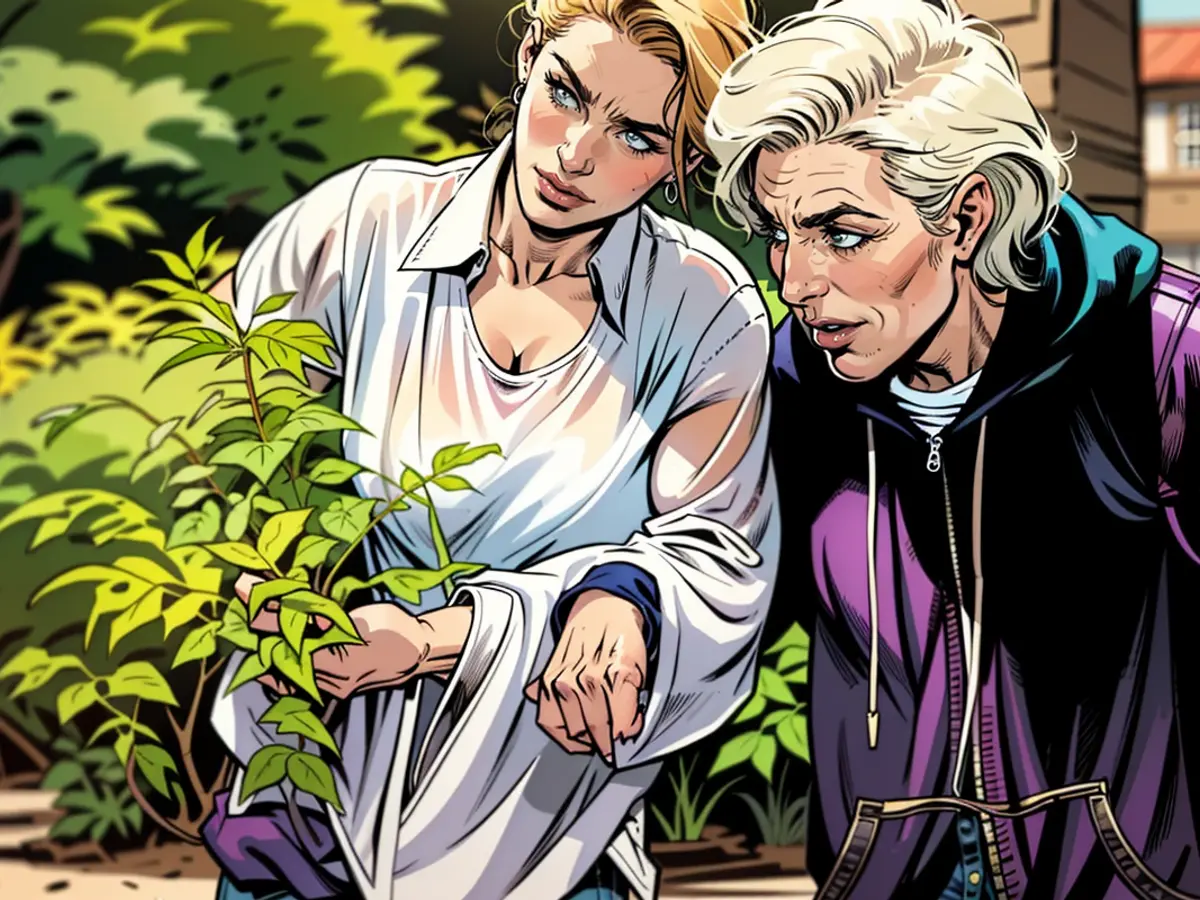- Singing and Planting Flowers: New Ways of Caring for Dementia
Great efforts are required when dementia-affected relatives can no longer care for themselves and must move into a home. This does not have to mean being "banished," as shown in the report "A Home for the Forgetful" from the series "37Grad" about new ways in dementia care. It will be shown on Tuesday at 22:15 on the ZDF.
Sophia (19), currently in her third year of training as a healthcare professional, works at the Resi-Stemmler-House in Euskirchen, where 48 people with advanced dementia have found a home. Under the leadership of Lydia Kassing, a unique care concept is implemented here, with the individual person and their individual needs at the center. Sophia would like to be taken on by this facility after her training, exuding joy and calm.
This also applies to the Dutch geriatric nurse Teun Toebes (25), who has moved into the locked ward of a dementia care home with 130 residents, where they usually spend the last eight months of their lives. In the film, he says, "this is not a project for me, but a way of life," living together with dementia-affected people. He realized, "that love and humanity are at odds with the system we have created together."
Especially during the COVID-19 pandemic, Julia Bernsee (53) was almost desperate when her dementia-affected mother was in a home where visits were prohibited. So she took her mother, whom she had initially cared for at home, back to live with her and was shocked by her condition. After seven months of care by Julia and her daughter Pauline (25), the elderly woman is now in a smaller facility where she seems very content.
Author Nathalie Sutor ("37Grad: Poor Despite Work - When One Job Isn't Enough") accompanies the people in her film with great care, showing that dementia is unfortunately a very demeaning and unstoppable disease that requires 24/7 care in its later stages. However, it also becomes clear that although there is still no healing therapy, a social community can have a positive effect on these people. This can include many visits, singing together, or planting flowers, giving them the feeling that they are not forgotten.
The Resi-Stemmler-House in Euskirchen is part of the European Union's framework for supporting dementia care, as it implements innovative strategies to provide high-quality care for individuals with advanced dementia. Teun Toebes, the Dutch geriatric nurse, advocates for better integration of dementia care within the European Union, acknowledging that love and humanity should be at the heart of their care systems.








